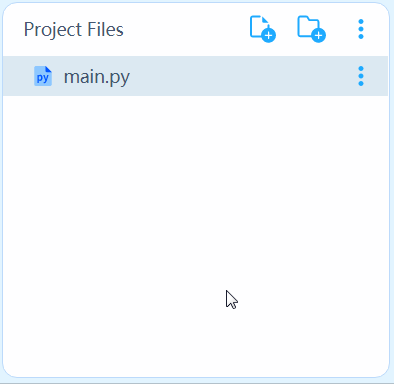To use this example program, you need to import the following .txt file that contains the content of The Three Kingdoms.

import jiebacontent = open('three.txt', 'r',encoding='utf-8',errors = 'ignore').read()words =jieba.lcut(content)#分词excludes={"将军","却说","二人","后主","上马","不知","天子","大叫","众将","不可","主公","蜀兵","只见","如何","商议","都督","一人","汉中","不敢","人马","陛下","魏兵","天下","今日","左右","东吴","于是","荆州","不能","如此","大喜","引兵","次日","军士","军马"}#排除的词汇words=jieba.lcut(content)counts={}for word in words:if len(word) == 1: # 排除单个字符的分词结果continueelif word == '孔明' or word == '孔明曰':real_word = '孔明'elif word == '关公' or word == '云长':real_word = '关羽'elif word == '孟德' or word == '丞相':real_word = '曹操'elif word == '玄德' or word == '玄德曰':real_word = '刘备'else:real_word =wordcounts[word] = counts.get(word, 0) + 1for word in excludes:del(counts[word])items = list(counts.items())items.sort(key=lambda x:x[1], reverse=True)for i in range(10):word, count=items[i]print (word, count)
:::info Note: This example program is translated from the Chinese version. You can try to compile an English one by using English APIs. :::

